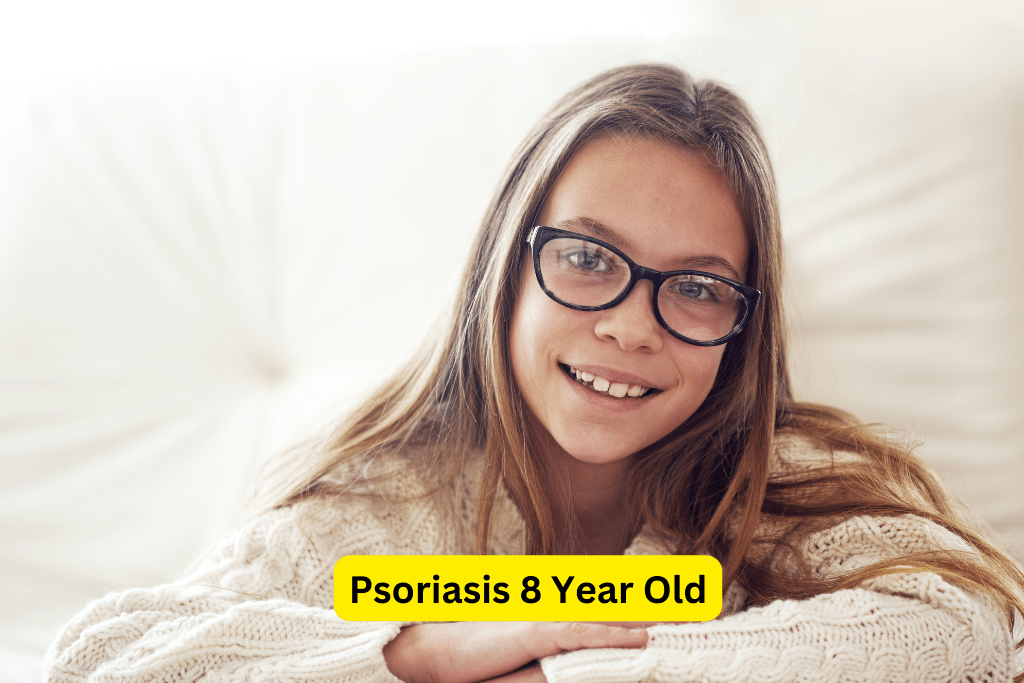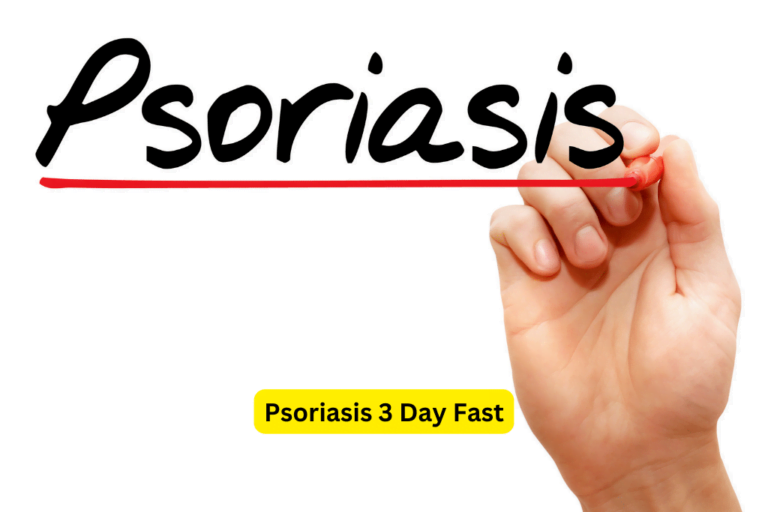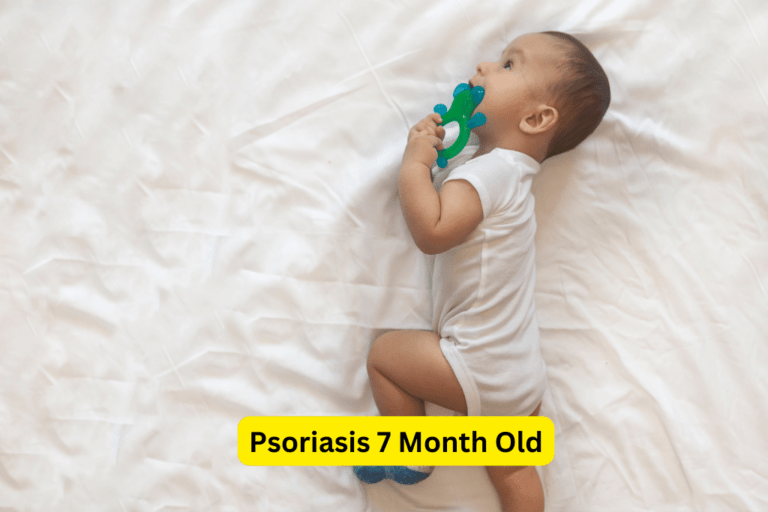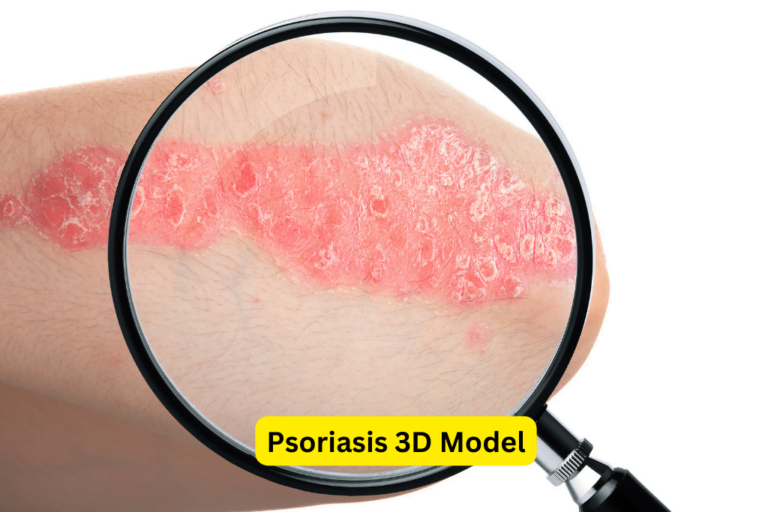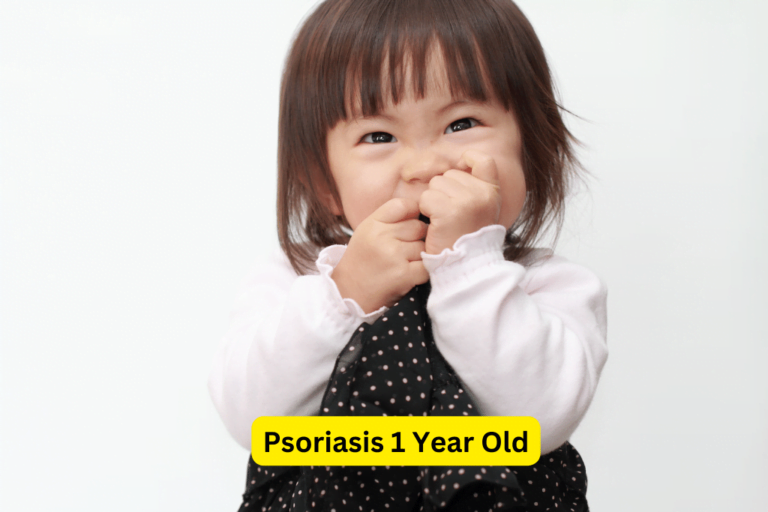Effective Strategies for Treating Childhood Psoriasis in an 8-year-old
Psoriasis 8 Year Old
Psoriasis is a chronic skin condition that affects people of all ages, including children. In this comprehensive guide, we will focus specifically on understanding and managing psoriasis in 8-year-olds. It is essential for parents and caregivers to have a thorough understanding of this condition and its management at a young age. By being well-informed, you can provide effective care and support for your child with psoriasis.
Section 1: What is Psoriasis?
1.1 Definition of psoriasis
Psoriasis is a chronic autoimmune disease that causes the rapid buildup of skin cells. This leads to the formation of thick, red, and itchy patches on the skin. It is a non-contagious condition, meaning it cannot be spread from person to person.
1.2 Types of psoriasis
There are several types of psoriasis, including plaque psoriasis (the most common form), guttate psoriasis, pustular psoriasis, inverse psoriasis, and erythrodermic psoriasis. Each type has its own unique characteristics and symptoms.
1.3 Prevalence and statistics of psoriasis in children
Psoriasis, while commonly associated with adults, can also affect children. Statistics show that about 1%-3% of children develop psoriasis, with the majority of cases being diagnosed between the ages of 6 and 16. It is important to note that psoriasis can occur in infants as well.
1.4 Causes and triggers of psoriasis in 8-year-olds
The exact cause of psoriasis is still unknown, but it is believed to be a combination of genetic and environmental factors. In children, common triggers for psoriasis flare-ups include infections (such as strep throat), stress, certain medications, and skin injuries.
1.5 Risk factors and genetic predisposition
Psoriasis has a strong genetic component. Children with a family history of psoriasis are at a higher risk of developing the condition themselves. The presence of certain genes and immune system abnormalities also contributes to the development of psoriasis.
Section 2: Psoriasis Symptoms in 8-Year-Olds
2.1 Common signs and symptoms
The symptoms of psoriasis in 8-year-olds are similar to those in adults and may include red, raised patches of skin with a silvery scale, itching, soreness, and sometimes even pain.
2.2 Differences in symptoms between adults and children
It is important to note that psoriasis symptoms can present differently in children compared to adults. Children may be more prone to developing guttate psoriasis, which appears as small, drop-like lesions on the trunk, limbs, and scalp.
2.3 How psoriasis affects the daily life of an 8-year-old
Psoriasis can significantly impact a child’s daily life. It can cause physical discomfort, interfere with sleep, affect their ability to participate in physical activities, and even cause embarrassment or self-consciousness.
2.4 Emotional and psychological impact on children
The visible nature of psoriasis can lead to emotional distress and impact a child’s self-esteem. It is crucial for parents and caregivers to provide emotional support and create an environment where the child feels accepted and understood.
Section 3: Diagnosing Psoriasis in 8-Year-Olds
3.1 Recognizing the symptoms and seeking medical advice
If you notice symptoms of psoriasis in your 8-year-old, it is important to consult a healthcare professional for an accurate diagnosis. They will be able to distinguish psoriasis from other skin conditions and provide appropriate treatment.
3.2 Medical examination and tests for psoriasis diagnosis
A pediatric dermatologist will conduct a thorough examination of your child’s skin and medical history to make a diagnosis. In some cases, a skin biopsy may be necessary to confirm the diagnosis.
3.3 Distinguishing psoriasis from other skin conditions
Psoriasis can sometimes be mistaken for other skin conditions, such as eczema or fungal infections. A medical professional will be able to differentiate between these conditions based on the appearance of the skin lesions and other factors.
Section 4: Treatment Options for Psoriasis in 8-Year-Olds
4.1 Topical treatments for mild to moderate psoriasis
4.1.1 Over-the-counter options
Over-the-counter creams and ointments containing ingredients like corticosteroids, salicylic acid, or coal tar can help reduce inflammation and manage mild psoriasis symptoms in children. However, it is important to follow the instructions and consult with a healthcare professional before using these products.
4.1.2 Prescription medications
In more severe cases, a pediatric dermatologist may prescribe stronger topical medications, such as corticosteroids, vitamin D analogs, or calcineurin inhibitors. These medications help reduce skin inflammation and slow down cell turnover.
4.1.3 Moisturizers and emollients
Regular use of moisturizers and emollients is essential for keeping the skin hydrated and preventing dryness and itching in children with psoriasis. Look for products that are fragrance-free and gentle on sensitive skin.
4.2 Phototherapy and light treatments for more severe cases
In cases of moderate to severe psoriasis, light therapy may be recommended. This treatment involves exposing the skin to ultraviolet (UV) light, either in a medical setting or through controlled home phototherapy units.
4.3 Systemic medications and biologics
In severe cases that do not respond to other treatments, systemic medications such as methotrexate or cyclosporine may be prescribed. Biologics, which target specific parts of the immune system, may also be considered in some cases.
4.4 Complementary and alternative therapies
Some parents may explore complementary and alternative therapies to manage their child’s psoriasis. These may include natural remedies, dietary changes, or supplements. However, it is important to consult with a healthcare professional before attempting any alternative treatments.
Section 5: Managing Psoriasis Flare-Ups in 8-Year-Olds
5.1 Triggers to avoid to prevent flare-ups
Avoiding known triggers can help minimize psoriasis flare-ups in children. These triggers may include stress, certain medications, skin injuries, infections, and exposure to cold, dry weather.
5.2 Strategies for managing stress and emotional well-being
Stress is a common trigger for psoriasis flare-ups. Parents and caregivers should create a supportive and stress-free environment for their child. Encouraging relaxation techniques and open communication can help manage stress and promote emotional well-being.
5.3 Importance of a healthy diet and lifestyle
While there is no specific diet that can cure psoriasis, maintaining a healthy lifestyle can contribute to overall well-being. Encourage your child to eat a balanced diet, exercise regularly, and get enough rest to support their immune system and overall health.
5.4 Tips for maintaining proper skin care routine
A consistent and gentle skin care routine is essential for managing psoriasis in children. Avoid harsh soaps and opt for mild, fragrance-free cleansers. Regular moisturizing can help alleviate dryness and reduce itching.
5.5 Coping mechanisms for parents and caregivers
Managing psoriasis in a child can be challenging for parents and caregivers. It is crucial to find support and develop healthy coping mechanisms. Seek out support groups, connect with other families facing similar challenges, and communicate openly with healthcare professionals.
Section 6: Providing Support for Children with Psoriasis
6.1 Educating the child about their condition
Empowering your child with knowledge about psoriasis can help them understand their condition better. Explain what psoriasis is, how it can be managed, and encourage them to ask questions. This understanding can help alleviate any fears or concerns they may have.
6.2 Promoting self-esteem and body positivity
Psoriasis can affect a child’s self-esteem due to the visible nature of the condition. Encourage your child to embrace their uniqueness and focus on their strengths. Promote body positivity and teach them that their self-worth goes beyond their physical appearance.
6.3 Connecting with support groups and other families
Connecting with other families and support groups can provide a sense of community and understanding. Hearing others’ experiences, sharing advice, and finding emotional support can be invaluable in managing psoriasis in your child.
6.4 Dealing with potential bullying or discrimination
Unfortunately, children with psoriasis may face bullying or discrimination due to the visibility of their condition. It is important to equip your child with strategies to handle these situations, such as educating their peers and seeking support from teachers or school counselors.
Section 7: Seeking Professional Help for Psoriasis in 8-Year-Olds
7.1 The role of pediatric dermatologists
Pediatric dermatologists specialize in diagnosing and treating skin conditions in children. They play a crucial role in the management of psoriasis in 8-year-olds, providing expert medical advice, prescribing appropriate treatments, and monitoring the child’s progress.
7.2 Collaboration with other healthcare professionals
In some cases, psoriasis may require a multidisciplinary approach. Collaborating with other healthcare professionals, such as rheumatologists or psychologists, can ensure comprehensive care for your child.
7.3 Importance of regular check-ups and follow-up appointments
Regular check-ups and follow-up appointments are essential in monitoring your child’s condition and treatment progress. These visits allow healthcare professionals to make any necessary adjustments to the treatment plan and address any concerns or questions you may have.
7.4 Monitoring the child’s condition and treatment progress
It is important to monitor your child’s psoriasis and keep track of any changes or flare-ups. This information can help your healthcare professional make informed decisions about treatment options and modifications as needed.
Conclusion
In conclusion, understanding and managing psoriasis in 8-year-olds requires a comprehensive approach that addresses the physical, emotional, and social aspects of the condition. By being well-informed about the causes, symptoms, treatment options, and management strategies, you can provide effective care and support for your child with psoriasis. Remember to seek professional guidance, connect with support groups, and prioritize your child’s well-being throughout their journey with psoriasis.
"Have You Seen Mike Walden's new holistic acne System yet? It's called "Acne No More" I've read the whole thing (all 223 pages) and there's some great information in there about how to naturally and permanently eliminate your acne without drugs, creams or any kind of gimmicks. I highly recommend it - it's very honest and straightforward without all the hype and b.s. you see all over the net these days. Here's the website where you can get more information:
Click Here -->AcneNoMore


